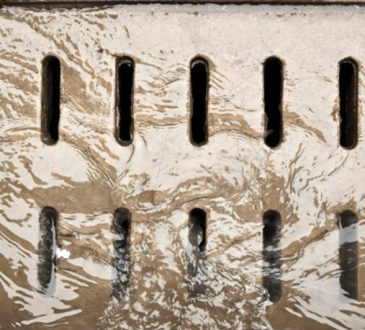
Insulation plays a crucial role in maintaining the efficiency of heating, ventilation, and air conditioning (HVAC) systems. By creating a barrier between indoor and outdoor spaces, insulation helps to regulate the temperature inside buildings, ensuring that HVAC systems don’t have to work harder than necessary. In this article, we’ll discuss the importance of proper insulation in maximizing HVAC efficiency and how it can lead to significant cost savings and environmental benefits.
How Insulation Works
Insulation works by reducing the transfer of heat between two spaces. In the case of HVAC systems, insulation helps to keep warm air inside during cold weather and prevents unwanted heat from entering during hot weather. By doing so, it reduces the workload on HVAC systems.
Proper Insulation Installation
In order to maximize the efficiency of HVAC systems, it’s not enough to just have insulation in place – it must also be installed correctly. Improperly installed insulation can lead to gaps, voids, and compression that reduce its effectiveness. Here are some tips for ensuring proper insulation installation:
- Consult a Professional: It’s important to consult with a professional for an HVAC unit in Atlanta before choosing and installing insulation. They can assess your building’s specific needs and recommend the best type and amount of insulation for maximum efficiency.
- Seal Air Leaks: Before installing insulation, it’s important to seal any air leaks in walls, floors, or ceilings. This will help prevent air from escaping and reduce the workload on HVAC systems.
- Choose Quality Products: Insulation quality can vary greatly, so it’s important to choose products that are certified and meet industry standards. This will ensure that the insulation is effective and long-lasting.
- Properly Cover HVAC Ducts: In addition to insulating walls, floors, and ceilings, it’s important to properly cover HVAC ducts with insulation. This will help prevent heat loss or gain as air travels through the ductwork.
How Insulation Affects HVAC Efficiency
Insulation is designed to prevent heat transfer, which can be either heat loss (during cold weather) or heat gain (during hot weather). In both cases, insulation reduces the amount of energy that HVAC systems need to expend in order to maintain a comfortable indoor temperature. Here are some ways that proper insulation can contribute to maximizing HVAC efficiency:
- Reduced Energy Consumption: When buildings are properly insulated, they require less energy to maintain a comfortable temperature. This means that HVAC systems don’t have to work as hard or run for extended periods of time, resulting in lower energy bills.
- Less Wear and Tear on HVAC Systems: When HVAC systems are constantly running to compensate for poor insulation, they become overworked and experience more wear and tear. This not only leads to higher maintenance costs but also reduces the lifespan of the system.
- Better Temperature Control: With proper insulation, buildings are better able to maintain a consistent indoor temperature. This means that HVAC systems don’t have to constantly adjust and work harder to compensate for heat loss or gain, resulting in improved energy efficiency.
Types of Insulation
There are various types of insulation available for different areas of a building, each with its own unique benefits and applications. Here are some common types of insulation used in commercial and residential buildings:
- Fiberglass: Made from tiny glass fibers, fiberglass insulation is affordable, easy to install, and highly effective at reducing heat transfer.
- Cellulose: This type of insulation is made from recycled paper materials that have been treated with fire-resistant chemicals. Cellulose insulation is a good option for environmentally conscious individuals as it is made from renewable materials.
- Foam Board: Foam board insulation consists of rigid panels made of polystyrene, polyurethane, or polyisocyanurate. It is a lightweight and durable option that is ideal for insulating walls, roofs, and foundations.
- Spray Foam: This type of insulation is applied as a liquid that expands and hardens into foam, creating an airtight seal. It is particularly effective at filling small gaps and cracks, making it a popular choice for insulating attics and crawl spaces.
Conclusion
Proper insulation is crucial for maximizing the efficiency of HVAC systems. You can read this blog to get an ultimate guide to your HVAC system so that you may learn more about HVAC systems. By choosing the right type of insulation and ensuring proper installation, buildings can enjoy significant cost savings, improved temperature control, and reduced environmental impact.




